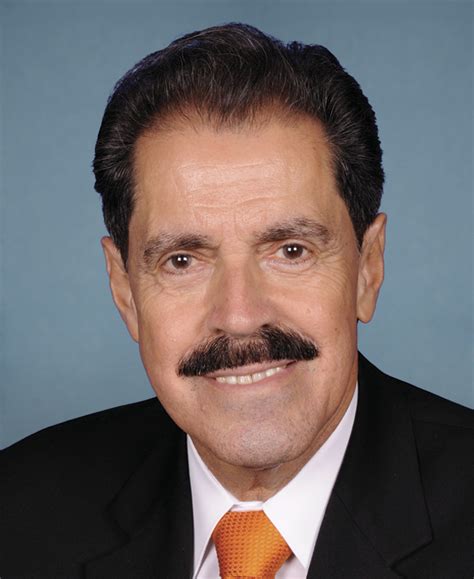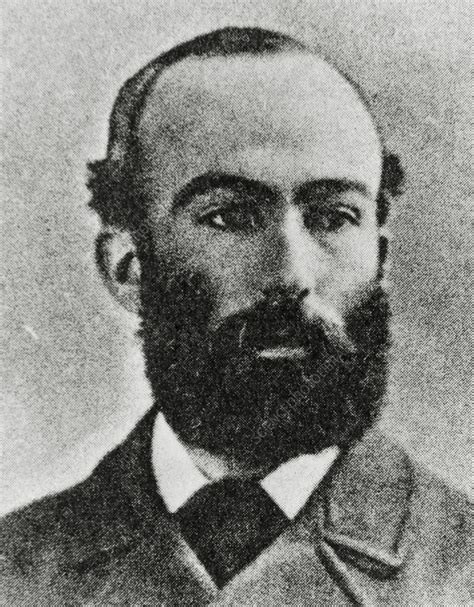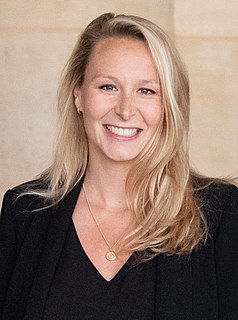A Quote by Jose Serrano
The government can still conduct clandestine searches of innocent people's private information such as library, medical, and financial records. This is wrong and should have been addressed in a true compromise.
Related Quotes
We see it in attempts on Capitol Hill to impose gag rules on rules on doctors on what they can say to their patients about family planning. And we certainly see it now with an effort by the government to tap our phones; invade our medical records, credit information, library records and the most sensitive personal information in the name of national security.
You know, my sense is that transparency is a good thing. It also has to be what - private information should be safeguarded so that individuals are not caught in the cross-fire here. But I think that our government, and people who are working in our government who should have been on the record - Hillary Clinton, remember, deleted half of her email, which is like, what's wrong with this picture?
On the information technology side, health care is still behind other industries. There needs to be a real push to create better electronic health records, more inter-operability amongst various types of electronic systems and cybersecurity is becoming a huge deal in in health care. Health care records are highly sought after by virtue of the fact that not only do you have somebody's person financial information, you also have their person medical information.
Governmental surveillance is not about the government collecting the information you're sharing publicly and willingly; it's about collecting the information you don't think you're sharing at all, such as the online searches you do on search engines... or private emails or text messages... or the location of your mobile phone at any time.
The government's collection authority, under the Patriot Act, is basically limitless. They can get the medical records and financial records, gun purchase records. And it also becomes part of another important issue that relates to the FISA court and the rest of the debate. It almost becomes a secret law, like there are two Patriot Acts. The one you read on the laptop essentially leads you to believe that there's some connection to terror .
The government can now delve into personal and private records of individuals even if they cannot be directly connected to a terrorist or foreign government. Bank records, e-mails, library records, even the track of discount cards at grocery stores can be obtained on individuals without establishing any connection to a terrorist before a judge. According to the Los Angeles Times, Al Qaeda uses sophisticated encryption devices freely available on the Internet that cannot be cracked. So the terrorists are safe from cyber-snooping, but we're not.
A global financial cabal engineered a fraudulent housing and debt bubble [2008], illegally shifted vast amounts of capital out of the US; and used 'privatization' as a form of piracy - a pretext to move government assets to private investors at below-market prices and then shift private liabilities back to government at no cost to the private liability holder Clearly, there was a global financial coup d'etat underway.
The main thing is that people see constant reports of break-ins on, on record systems and stolen financial data and social security records and so they'd think about you know what's going to prevent that happening with my medical records. And interestingly enough, patients are less worried about that than their doctors are.
My True Name is so well known in the Records, or Registers at Newgate, and in the Old-Baily, and there are some things of such Consequence still depending there, relating to my particular Conduct, that it is not to be expected I should set my Name, or the Account of my Family to this Work; perhaps, after my Death it may be better known, at present it would not be proper, no, not tho' a general Pardon should be issued, even without Exceptions and reserve of Persons or Crimes.
































